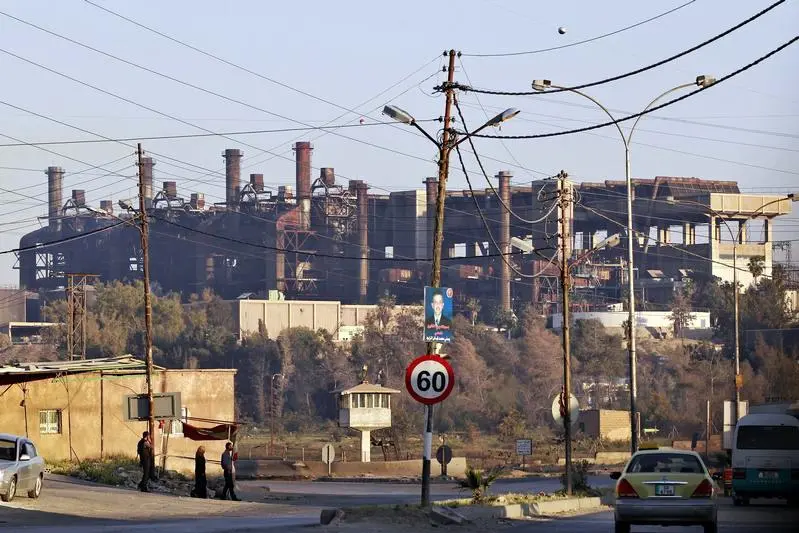PHOTO
AMMAN - The Food and Agriculture Organisation of the United Nations (FAO) and the Royal Scientific Society (RSS) signed an operational partnership agreement to implement a project that aims to support achieving land degradation neutrality (LDN) targets in Jordan.
LDN is an approach that takes measures to save land and manage them in a sustainable way to restore the degraded ones, according to a RSS statement.
The project also helps plan sustainable uses of different land and preserve the resources of productive land, increase their areas and improve their productivity to face the growing demand on food in line with the national sustainable development goals (SDGs).
The agreement was signed by the RSS Vice President Rafat Assi and FAO Representative in Jordan Nabil Assaf.
A spokesman of RSS said that the project, funded as a grant from the Global Environment Facility (GEF), through the FAO, will be implemented by the RSS and FAO in consultation with the ministries of planning, agriculture and environment with the aim of supporting national efforts to neutralise degraded land through forest management and rehabilitation and improving the productivity of pastures and barren land in the northern governorates as a first stage.
The project also aims to make agroforestry more productive and sustainable, in addition to improving the provision of goods and services that can be obtained from agroforestry.
The RSS emphasised that the project seeks to implement interventions aimed at adapting to climate change, confronting environmental degradation, and developing policies, strategies, and setting investment programmes to support sustainable agriculture and forestry and sustainable farming techniques.
The project set four phases of project implementation: the first phase will focus on identifying indicators of land degradation neutrality, and then establishing a practical mechanism to achieve neutrality. The second phase incorporates monitoring land use decisions that affect neutrality and estimating their potential cumulative effects. The third phase is the implementation of initiatives to achieve neutrality of land through some practical interventions that enhance the productivity of ecosystems in the targeted areas and reduce land degradation. These interventions will include water harvesting, planting forest trees, introducing sustainable farming techniques, and others.
The fourth phase of the project encompasses monitoring land neutrality through the establishment of a digital monitoring system to collect information and verify its validity, and thus to continuously identify the progress made in achieving the goals of land degradation neutrality in Jordan.
“The project will follow a landscape approach in line with the vision of the Global Environment Facility to promote sustainable integrated landscapes and will work at the landscape level, hence integrating sectors, engaging stakeholders and working at different levels to address the underlying causes of land degradation and challenges related to food security,” said Assaf.
Assaf stated that the project will support the rationalisation of land use in a way that addresses interdependence across multiple ecosystems, promotes good governance to align policy directions at the national level, and encourages improvements in sustainable land management.
Assi said that the project will provide a range of opportunities and capacity building among the beneficiaries of the project, as more than 12,000 beneficiaries will directly benefit from the project, starting from the agricultural communities that live in the different areas of the project, to all stakeholders from governmental and non-governmental agencies.
Assi added that the project will provide opportunities for private sector participation, as private sector institutions will participate in stakeholder consultations related to policy development and capacity building.
The RSS is one of the largest applied research institutions in Jordan that seeks to achieve economic and social development through scientific research services, consultancy and technical support services for local and regional institutions and companies.
The RSS undertakes specialised and accredited testing, research work, and consultations for the private and public sectors, and works in partnership with regional and international organisations via a large group of laboratories accredited locally and internationally.
The FAO, on the other hand, is a major contributor to “Jordan Vision 2025”, as it provides support and activities in four main areas: Long-term sustainable management of food, energy and water requirements (resource security), protection and empowerment of those in need through providing a decent life and good jobs for all Jordanians (employment), and promoting gender equality, social inclusion and natural resource management.
© Copyright The Jordan Times. All rights reserved. Provided by SyndiGate Media Inc. (Syndigate.info).





















